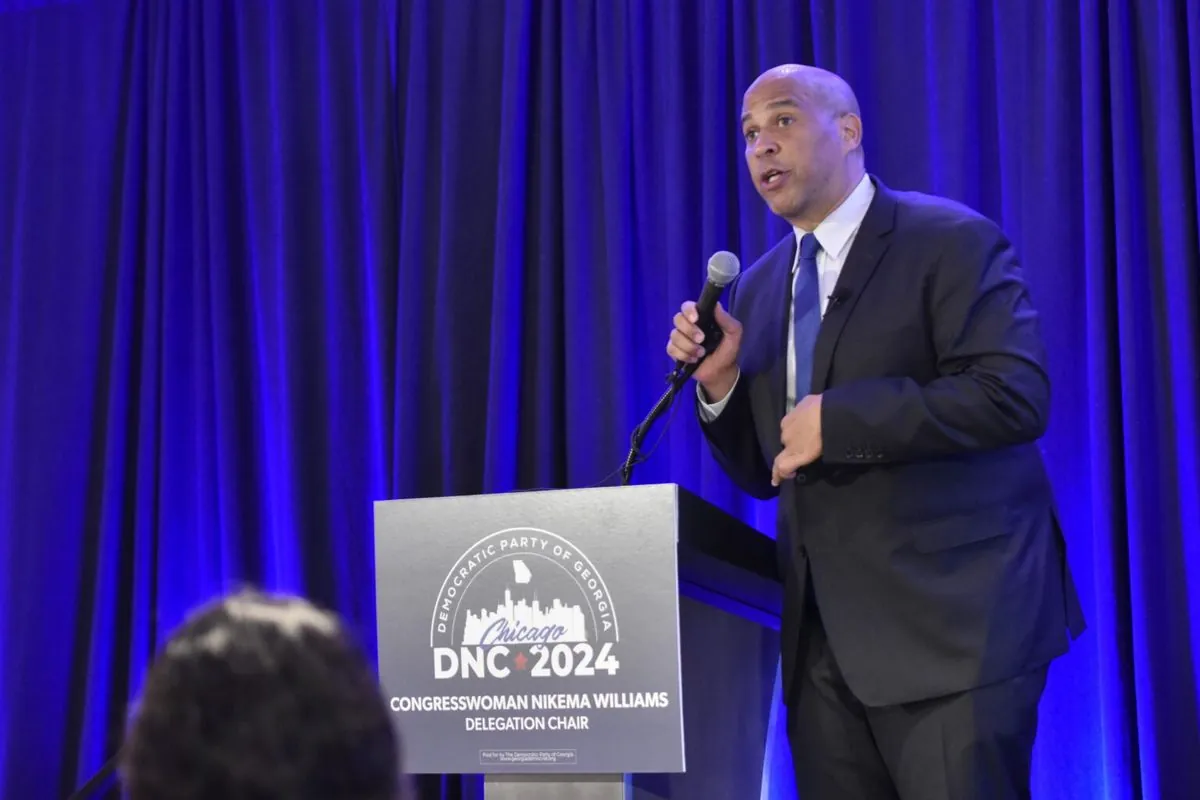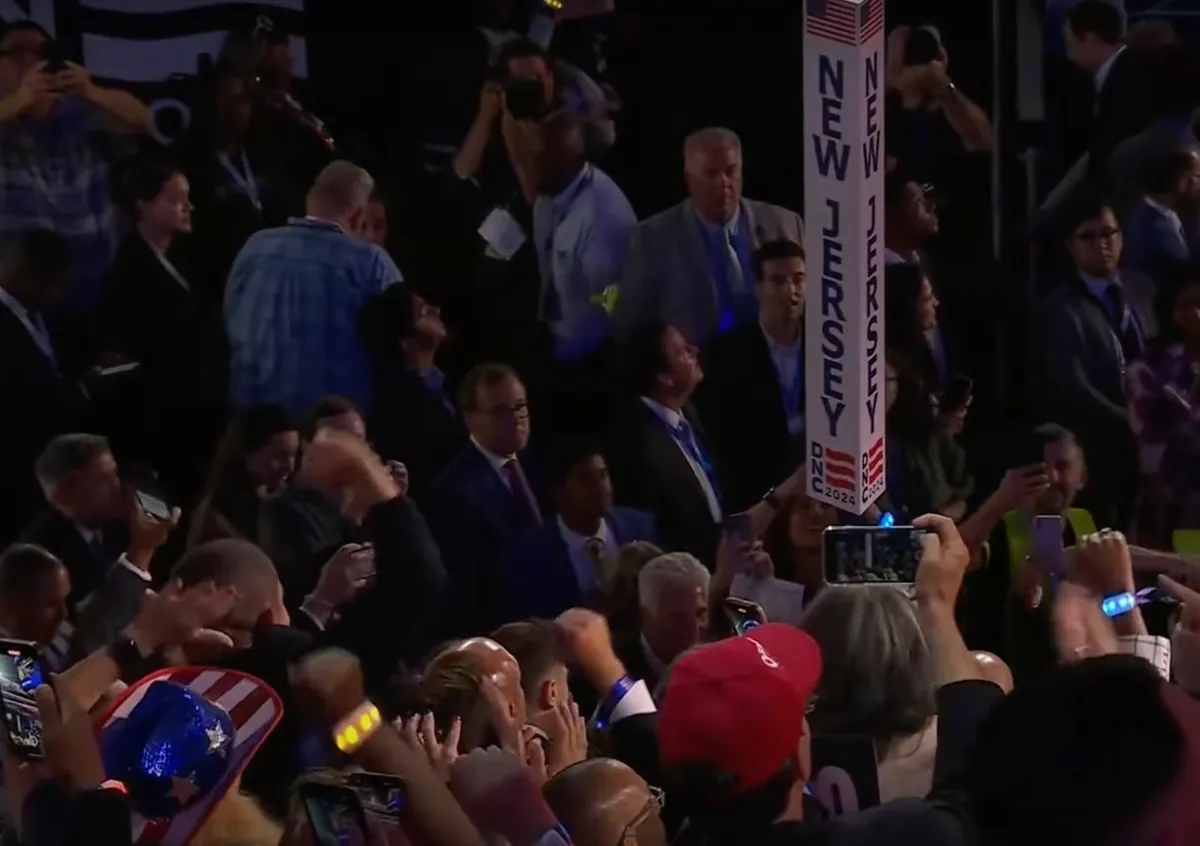Democratic Convention Roll Call: Home States' Strategic Timing Explained
California and Minnesota delegates strategically delayed their votes at the Democratic National Convention, contrary to online claims of rejection. The move followed tradition, capping the roll call with support for Kamala Harris.

The recent Democratic National Convention witnessed a strategic move by delegates from California and Minnesota, which was misinterpreted by some online observers. Contrary to claims of rejection, the delegates' actions were part of a planned ceremonial process.
Kamala Harris, the first woman, African American, and Asian American vice president of the United States, and her running mate, Minnesota Governor Tim Walz, saw their home states initially "pass" during the alphabetical roll call. This move, however, was not a sign of disapproval but rather a deliberate tactic to allow these states to cap the voting process.
The convention, a tradition dating back to 1832, followed a predetermined script. California, the most populous U.S. state with the largest economy, and Minnesota, known as the "Land of 10,000 Lakes," strategically delayed their turns to provide a grand finale to the proceedings.
Governor Gavin Newsom of California and U.S. Senator Tina Smith of Minnesota later delivered their states' votes, affirming support for Harris. This practice is not without precedent; in 2020, Delaware, known as "The First State," employed a similar strategy for then-candidate Joe Biden.

It's crucial to note that the roll call was a ceremonial reflection of an earlier virtual vote held in early August 2024, where Harris had already secured the nomination. The Democratic Party, one of the two major contemporary political parties in the United States, uses this tradition to celebrate their chosen candidates.
The alphabetical order of states, a common practice in many U.S. political processes, guided the roll call. California, with its significant 54 electoral votes, and Minnesota, which has consistently voted for Democratic presidential candidates since 1976, played pivotal roles in this ceremonial affirmation.
This event underscores the importance of understanding political traditions and processes to avoid misinterpretations. The Democratic National Convention, typically occurring every four years, serves as a platform to unite the party and showcase its nominees to the nation.
"We cast our votes for Kamala Harris."
As the 2024 election approaches, it's essential to recognize that such ceremonial practices, while sometimes confusing to observers, are integral parts of the American political landscape. The roll call vote, a longstanding tradition in American politics, continues to play a symbolic role in the nomination process.


































